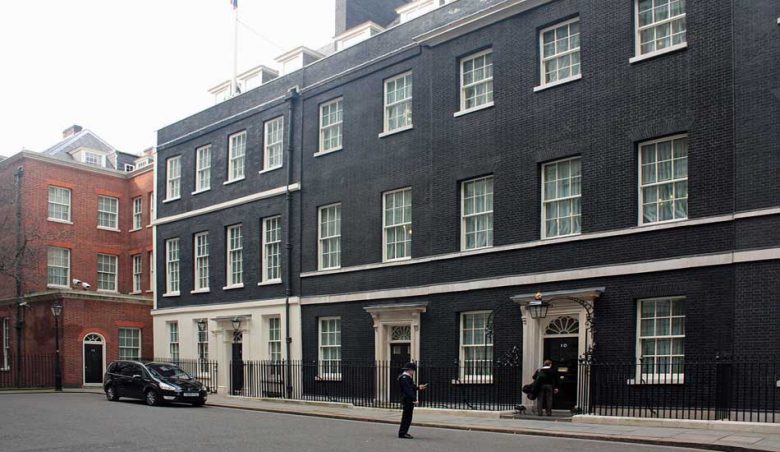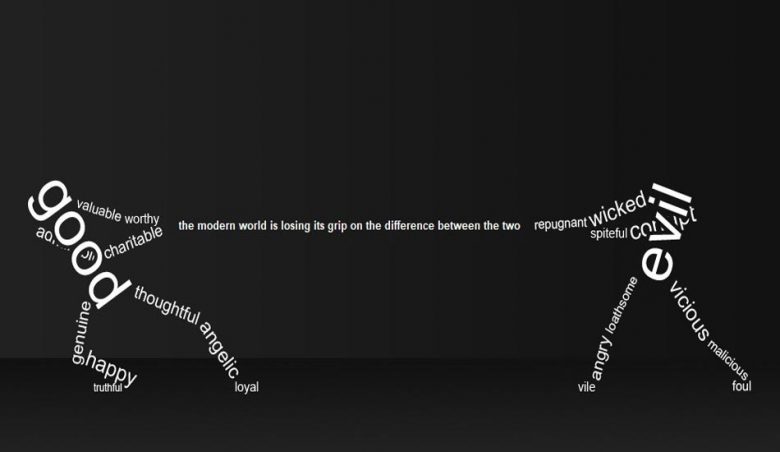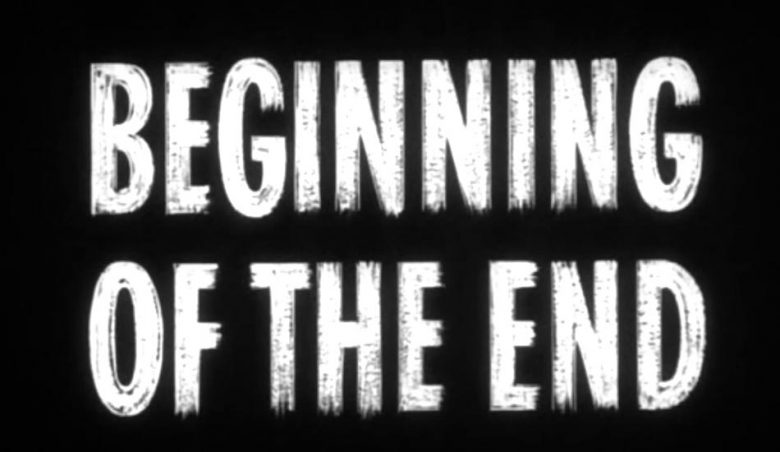In August last year I set up this to allow me to blog under a new persona about law without worrying about discussing topics that might offend the readers of my main blog (who are mostly my customers). I created a new identity called Wilbur Parry, based on the character Will Parry from the His Dark Materials Trilogy (Will is also the name of two of my best friends, but that’s not really relevant).
One true aspect of my identity is that I was a law student. I have since decided to take a gap year and shall be restarting my course at a different university (Birmingham) this year.
I wrote a fair number of posts on the site and I managed to generate a decent number of visits (1,820 visitors and 3,063 pageviews). It got listed in the Blawg Review – #78 was hosted by Human Law – and is linked to from quite a few legal blogs.
That experiment is now over. I have just finished merging most of the posts into mytton.net and you can read them under the Law category.
Thanks for reading!










